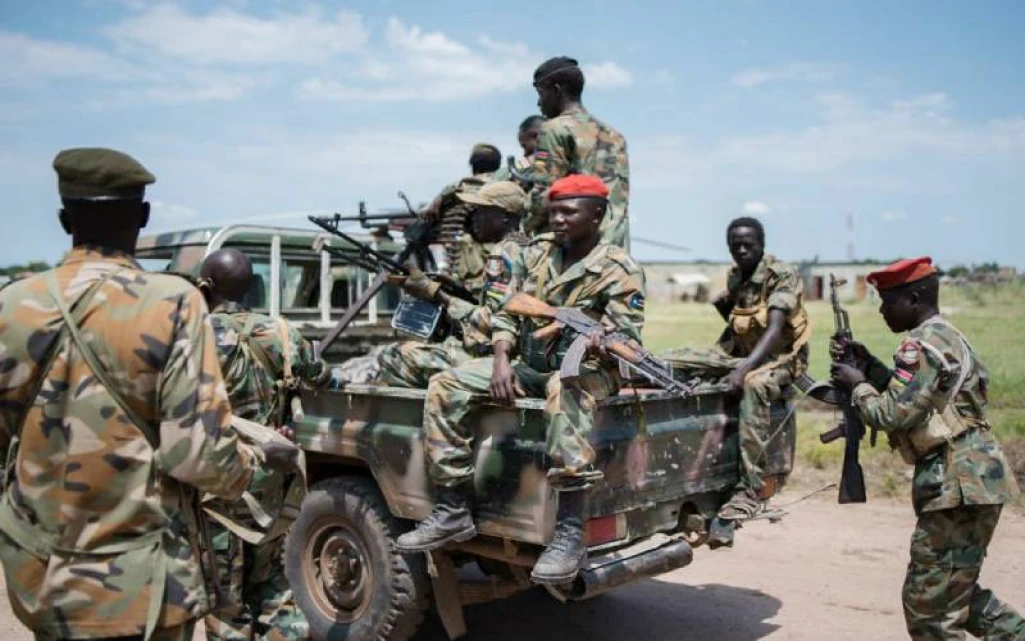
The military leadership has encouraged soldiers stationed
at Malual Chaat Military Barrack in Bor to grow their own food this year.
After over six years of conflict, South Sudan remains one
of the most food-insecure countries in the world, according to UN reports.
Ongoing violence, flooding, resultant population
displacement, and disrupted trade, markets, and cultivation activities have worsened
food insecurity and humanitarian needs.
More than 7 million people are food insecure, and 1.65
million children are malnourished, wrote WFP in 2023.
“It is not only the SSPDF that is affected by the current
economic crisis,” said Col. Garang Ateny Alier of the SSPDF Directorate of Information
during the visit of CDF Gen. Santino Deng Wol to Malual Chaat on Wednesday.
“It is a nationwide problem, of which everyone or
institution will look for where to survive.”
Currently, a private receives monthly salary of 66,000
Pounds – an amount equal to about $33. However, soldiers have yet to receive
about seven months’ worth of pay arrears.
Sudan has great agricultural potential, but, because of
inadequate water sources and transport difficulties, much of its arable land is
unused.
With the rainy season approaching, Col. Alier said the
leadership will provide the barrack with farming tools and equipment.
“We need you soldiers to prepare the farms to produce your
own food; and the SSPDF Command will support you with agricultural equipment. Seeds
too,” he added.
Recently, a member of parliament warned that the shutdown
of oil production will result in “far-reaching” consequences in South Sudan.
“This will result in significant losses of income, increase in market prices, fuel shortages, prolonged power outages, disruptions in transportation, and other essential services that are vital for the well-being of our citizens,” said Hon. Boutros Magaya, chairperson of the Standing Specialized Committee on Petroleum at the national parliament.